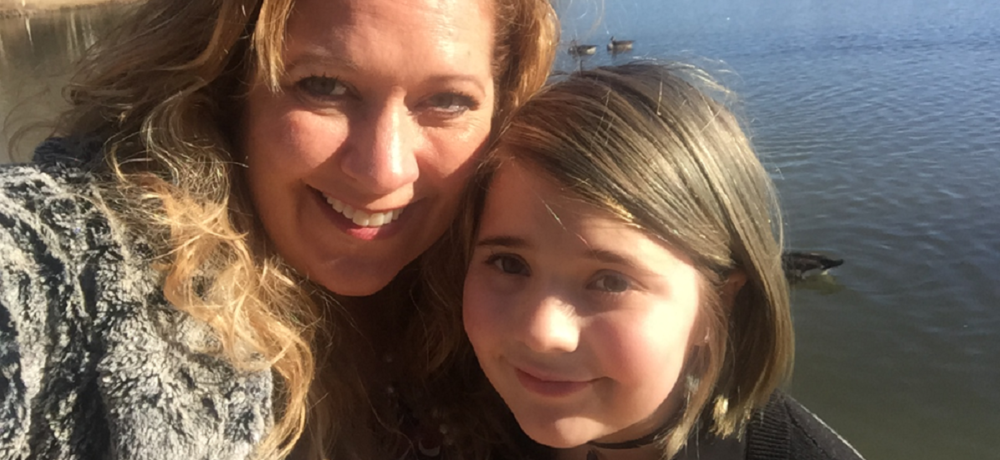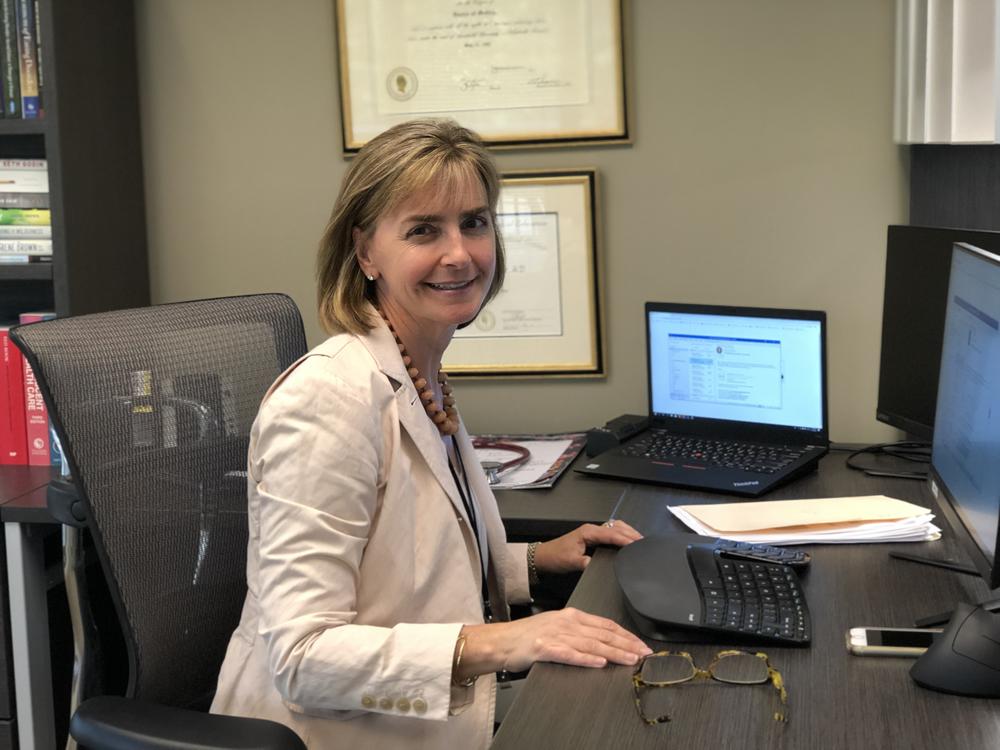
Section Branding
Header Content
Kids As Young As 5 Are Diagnosed With Eating Disorders, Doctor Says
Primary Content

Eating disorders are not only becoming more common they are also affecting kids as young as 5, according to doctors at Georgia's first all ages in-patient treatment center.
Nancy Keenan said her daughter Norrie hasn't enjoyed eating since the day she was born.
"She had a very negative beginning with food because she was very sick and throwing up from her breast milk," Keenan said. "So she was just - I guess from the beginning - wired to have a bad relationship with food."
And so Keenan thought her daughter was a picky eater, like a lot of kids. Except Norrie never put on enough weight between doctor's visits.
She'd do things like make her mom walk two miles for a can of chickpeas rather than eat at a restaurant buffet on a school field trip. She cut her food into tiny pieces so it would burn more calories to chew.
Then, shortly after Norrie turned 11, even Norrie realized something was wrong.
"She said, 'Wow what is it? What is anorexia?' And I said it's, you know, when somebody doesn't eat enough and their body weight is really low," Keenan said. "And that was it."
And all the while, Nancy said her daughter's pediatrician never caught the severity of what was going on.
"I feel like a lot of medical professionals just didn't have the training to recognize an eating disorder, particularly in such a young child," Keenan said.
Her mother didn't know it at the time, but Norrie had a specific type of eating disorder called Avoidant Restrictive Food Intake Disorder or ARFID.
Keenan now believes her daughter's been this way since birth.
Dr. Anna Tanner, a pediatrician who specializes in eating disorders at Atlanta's almost two-year-old Veritas Collaborative, said ARFID is becoming more common. And, she said the average age of onset has decreased from age 14 to about age 12.
"I've seen patients as young as 5 and 6 here in the office," Tanner said. "You have a lot of young ARFID patients come in between 8 and 10 and it's really really hard for these young kids because they know they're different from their friends."
The diagnosis has only been around for seven years, having been added to the Diagnostic and Statistical Manual of Mental Disorders in 2013. The DSM is the handbook used by health care professionals in the United States and much of the world as the authoritative guide to the diagnosis of mental disorders.
Keenan said ARFID’s often thought of as "extreme picky eating."
"They don't like food," she said. "Their brains are wired so that food is not a reward. It's a punishment."
What Keenan said her daughter needed was an inpatient treatment center.
"There wasn't one," she said. "We didn't even have a residential treatment center here except for RidgeView."
But the Ridgeview Institute didn't have in-patient treatment for people under 18 with eating disorders. At the time, no Georgia hospital did.
That left kids in Georgia and across much of the South without many options when it came to finding help.
Plus, many insurance companies wouldn’t cover the care that was available. Some families had to remortgage their houses to pay for treatment, Tanner said.
"And when I had really sick patients and their families were willing to do all of this to access care, they were getting on a plane and they were flying out west," Tanner said.
Today, the Veritas Collaborative where Tanner works does see kids with eating disorders. They also treat all genders and people who may be gender transitioning.
Plus, Tanner said it’s now illegal for insurance carriers to deny treatment for eating disorders, but, she said there's still a lot of "mythology" around eating disorders.
"There's still a lot of shame and stigma around eating disorders," she said. "Eating disorders are still very under-resourced.
Tanner and Veritas are doing more than treating kids. The Collaborative is also teaching healthcare providers how to recognize the signs of an eating disorder in the very young.


